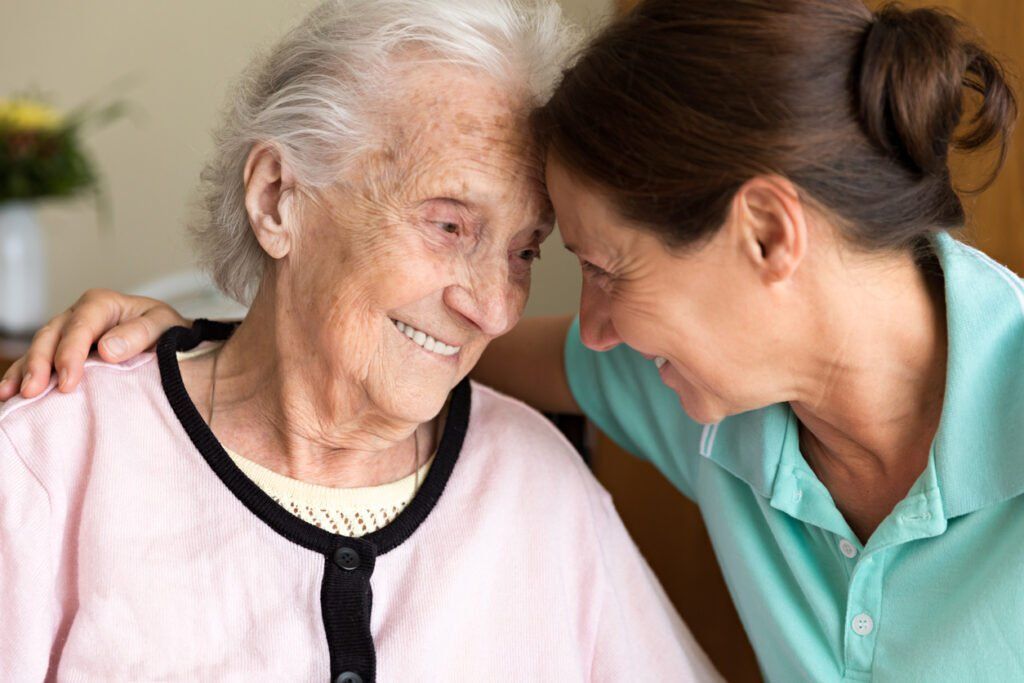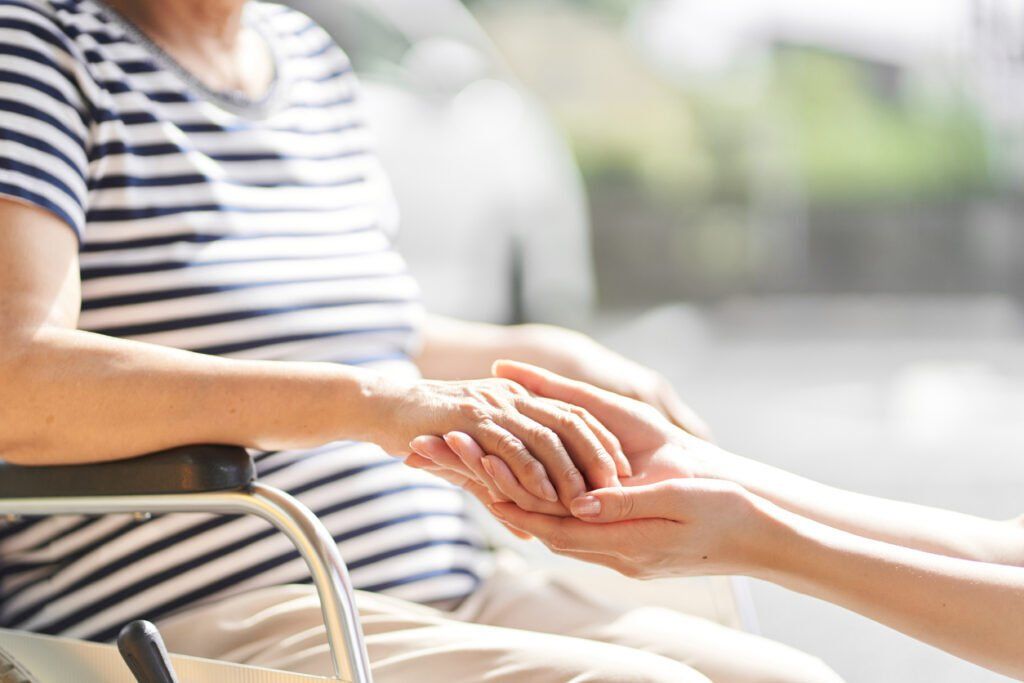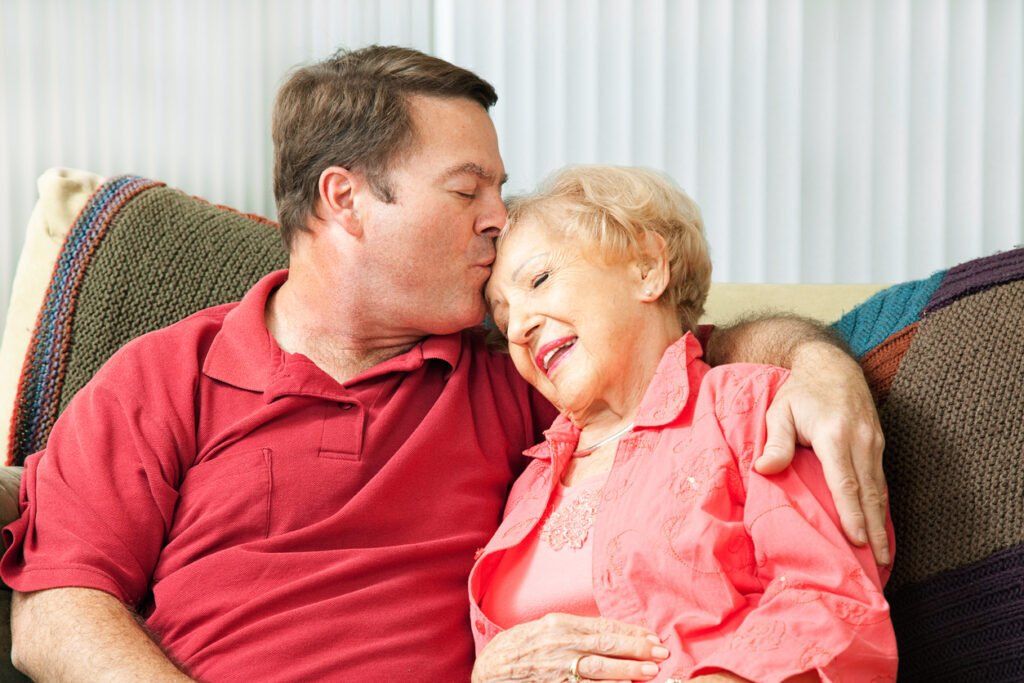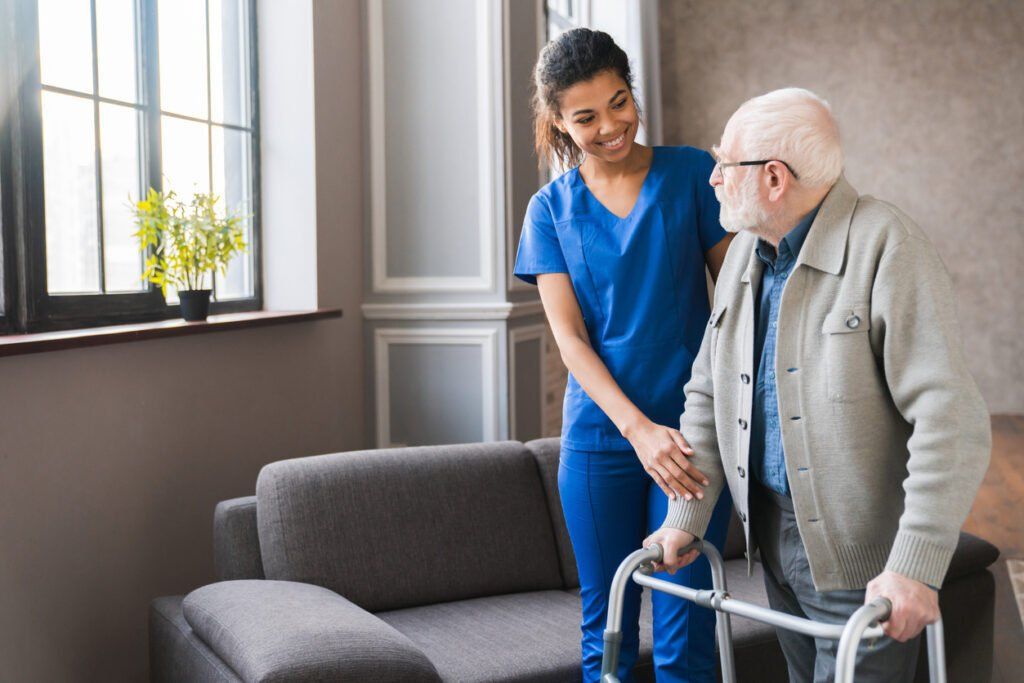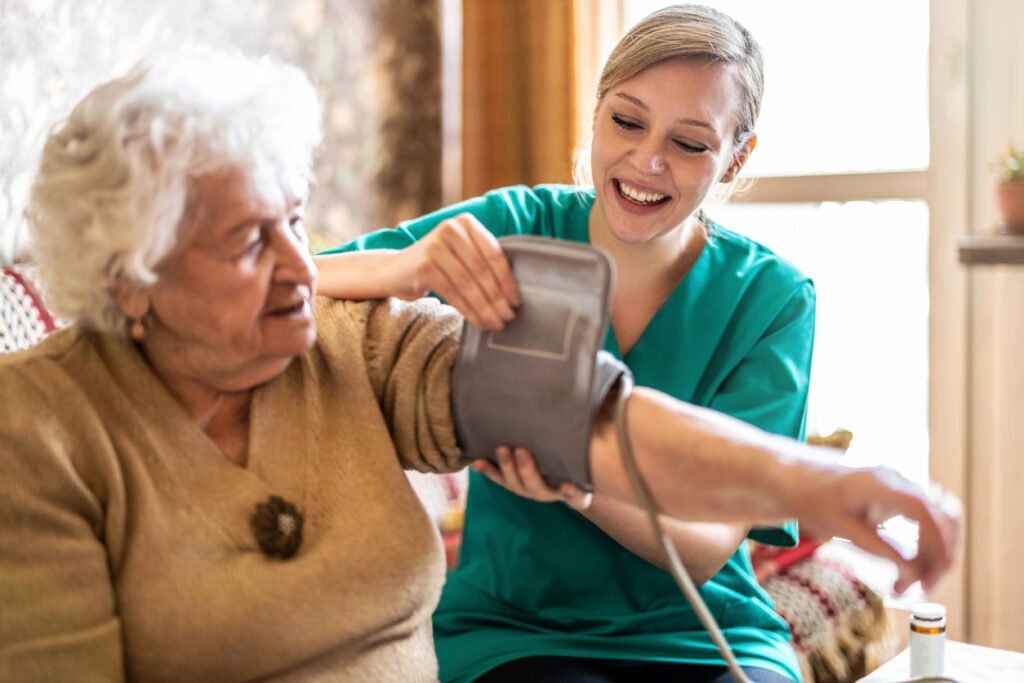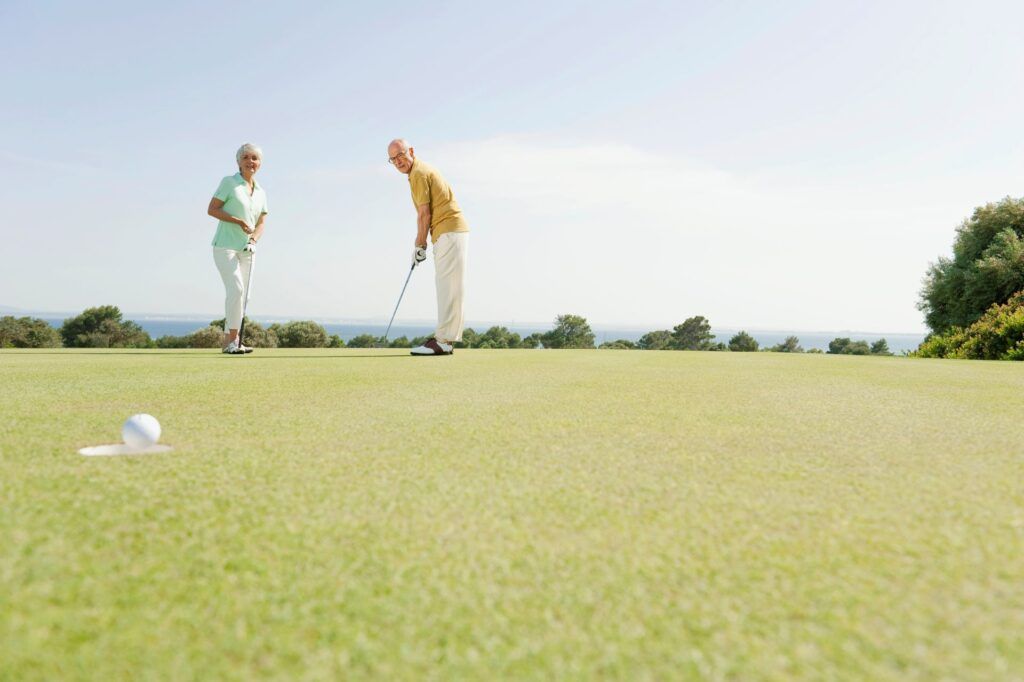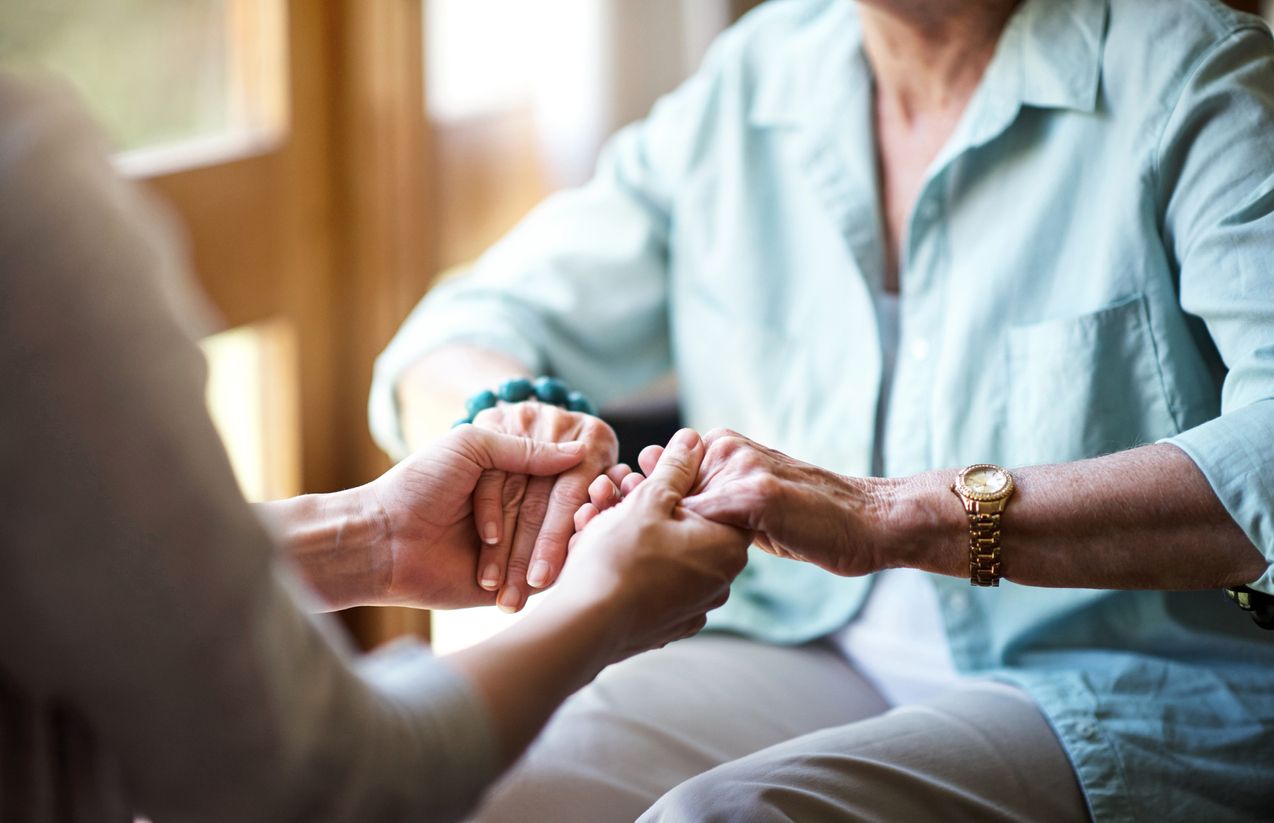Winter Safety Tips for Seniors
Winter is upon us and here in the Midwest it is the time of year to encounter winter storms and cold frigid weather. The conditions can be hazardous, but if you plan ahead, you can stay safe and healthy.
Older adults are at higher risk for hypothermia as they tend to produce less body heat than younger people. It is important to know the warning signs of hypothermia:
- Lots of shivering
- Cold skin that is pale or ashy
- Feeling very tired
- Confused and sleepy
- Feeling weak
- Problems walking
- Slowed breathing or heart rate
Call 911 if you or someone else has hypothermia.
It is important for older adults to STAY INDOORS when it’s very cold outside and especially so if it’s windy. If you must go outdoors, wear layers. Wearing two or more layers of thinner or loose-fitting clothing is warmer than a single layer of thick clothing. Also wear a hat, gloves or mittens, coat, boots, and a scarf to cover your mouth and nose and protect your lungs from the cold air.
Keep abreast of weather conditions by watching the weather forecast daily or utilizing a weather radio. If bad weather is predicted, plan ahead and make a trip to the grocery store to stock up on food and other items in the event that you will be snowed in. Ask friends, neighbors or family members to pick up groceries for you or run errands if you are unable to get out.
It is easy to slip and fall in the winter. Have your steps and walkways clear to your home. Older adults should utilize caution while shoveling snow. Ask your healthcare provider if it is safe for you to shovel snow or do other hard work in the cold. If you are unable to do it, hire someone to shovel for you. Do not walk on icy or snowy sidewalks. Wear boots with non-skid soles. If you use a cane, replace the rubber tip before it is worn smooth. Medical supply stores also have an ice pick-like attachment that fits onto the end of the cane which can be helpful to avoid slipping while walking.
Adults 65 and older are involved in more car accidents per mile than those in nearly all other age groups. Because winter driving can be more hazardous you should:
- Have your car winterized before bad weather hits. This means having the antifreeze, and windshield wipers checked and changed if necessary.
- Take a cell phone with you when driving in bad weather.
- Do not drive on icy roads, overpasses or bridges. If possible, look for another route.
- Stock your car with basic emergency supplies, such as:
- A first aid kit
- Blankets
- Extra warm clothes
- Booster cables
- A windshield scraper
- Rock salt or a bag of sand or cat litter (to pour on ice or snow in case your wheels get stuck)
- A container of water and canned or dried foods and a can opener
- A flashlight
Indoor safety is also important. Be careful when using space heaters — follow the manufacturer’s instructions and don’t leave them unattended. Do not place a space heater within 3 feet of anything that may catch on fire, such as drapes, furniture, bedding, and never cover the space heater. Use caution and ensure that the cord of an electric space heater is not a tripping hazard but do not run it under carpets or rugs. Avoid using extension cords to plug in the space heater.
By following these safety tips, older adults can minimize their risk of injury. Use caution during cold weather and inclement conditions. It’s always better to be safe than to take a chance if conditions are questionable. Older adults should use extra care and ask friends, neighbors or family members for assistance during bad weather instead of venturing out into the elements.
Sources: Centers for Disease Control and Prevention, AARP, Health in Aging website
The post Winter Safety Tips for Seniors appeared first on Kansas City Home Care.
REQUEST FREE
IN HOME ASSESSMENT
REQUEST FREE IN HOME ASSESSMENT
